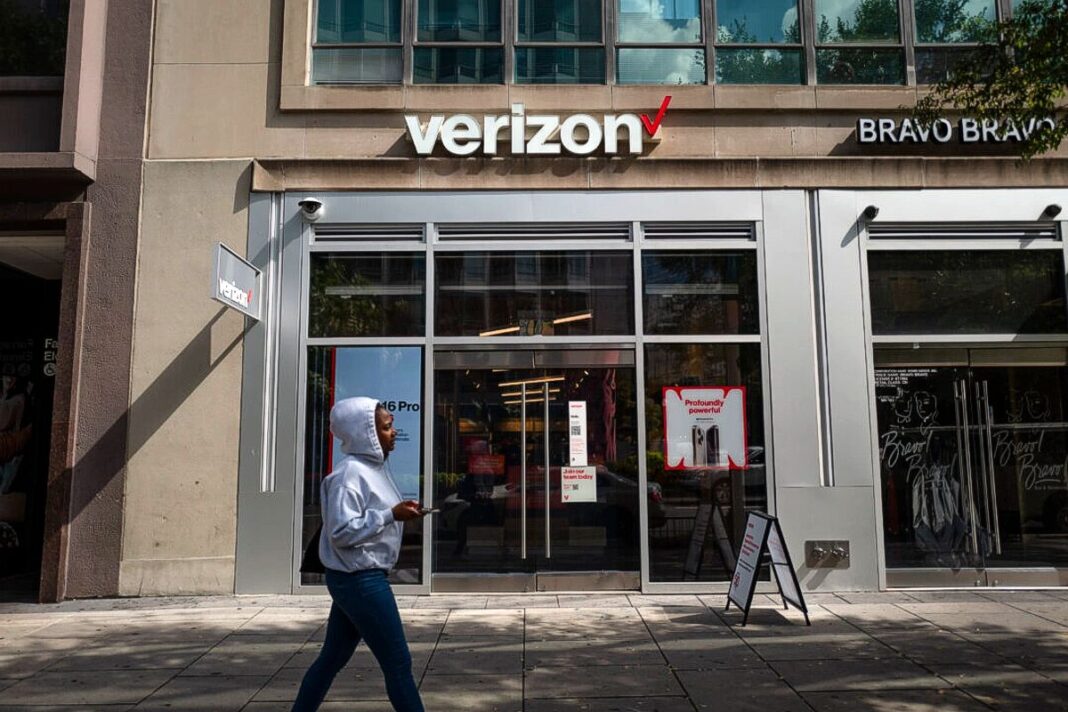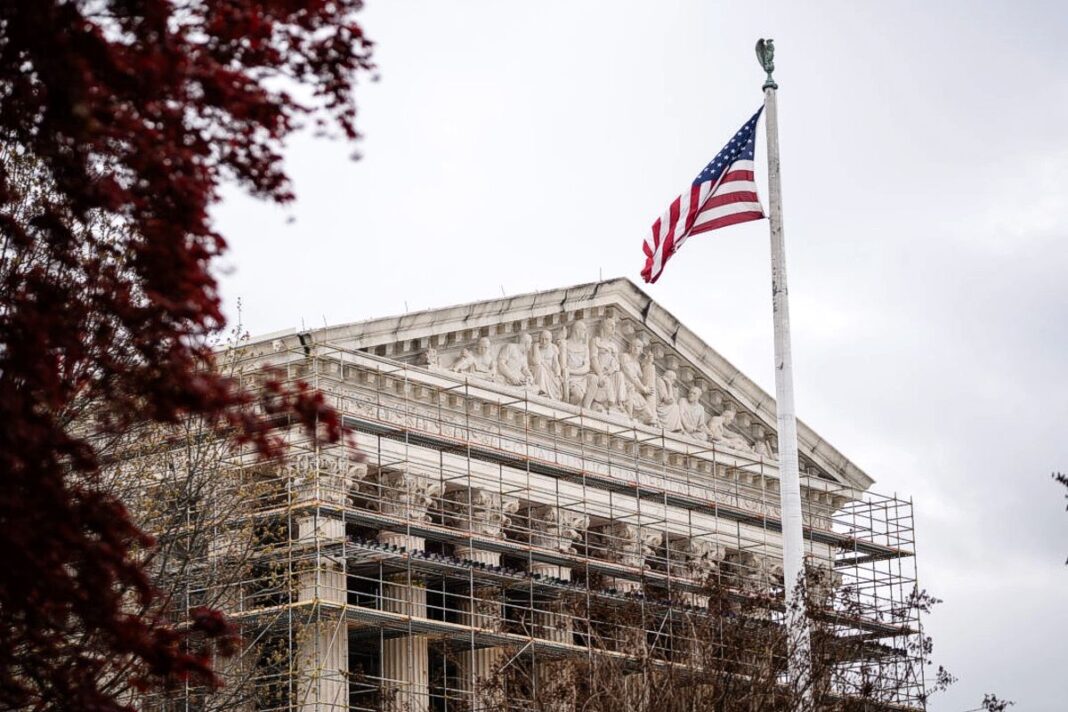Critics say DEI fosters division and discrimination, while advocates say rollbacks could erase progress on corporate diversity.
Verizon Communications has announced the end of its Diversity, Equity, and Inclusion (DEI) initiatives, aligning itself with a growing federal and corporate movement toward merit-based practices in hiring, training, and advancement.
In a May 15 letter to Federal Communications Commission (FCC) Chairman Brendan Carr, Verizon said it had eliminated DEI-specific roles, removed DEI references from employee training and marketing, and restructured programs around hiring, supplier partnerships, and executive compensation.
“Verizon recognizes that some DEI policies and practices could be associated with discrimination,” wrote Vandana Venkatesh, Verizon’s chief legal officer, adding that the changes were being made “not just in name or in the way they are described, but in substance.”
Venkatesh wrote that Verizon would no longer set workforce diversity targets or factor identity-based goals into hiring, promotions, or executive bonuses.
While some of its employee resource groups will remain focused on “demographic criteria or protected characteristics,” they will be open to all staff and subjected to increased oversight, and membership in the groups won’t weigh on promotions.
The company has also revised its sponsorship and supplier policies to remove race- or gender-based benchmarks in favor of broader business objectives.
The move follows criticism from Carr, who in February raised concerns that Verizon’s prior DEI efforts—including what whistleblowers described as training based on concepts like “systemic racism” and “white privilege”—could factor into the agency’s review of Verizon’s proposed $20 billion acquisition of Frontier Communications.
Carr praised Verizon’s DEI rollback in a May 16 statement, calling it a “good step forward for equal opportunity, nondiscrimination, and the public interest.”
The Trump administration has issued executive orders aimed at dismantling DEI programs, advocating for a return to merit-based systems in federal agencies, and urging private companies to follow suit.
By Tom Ozimek








